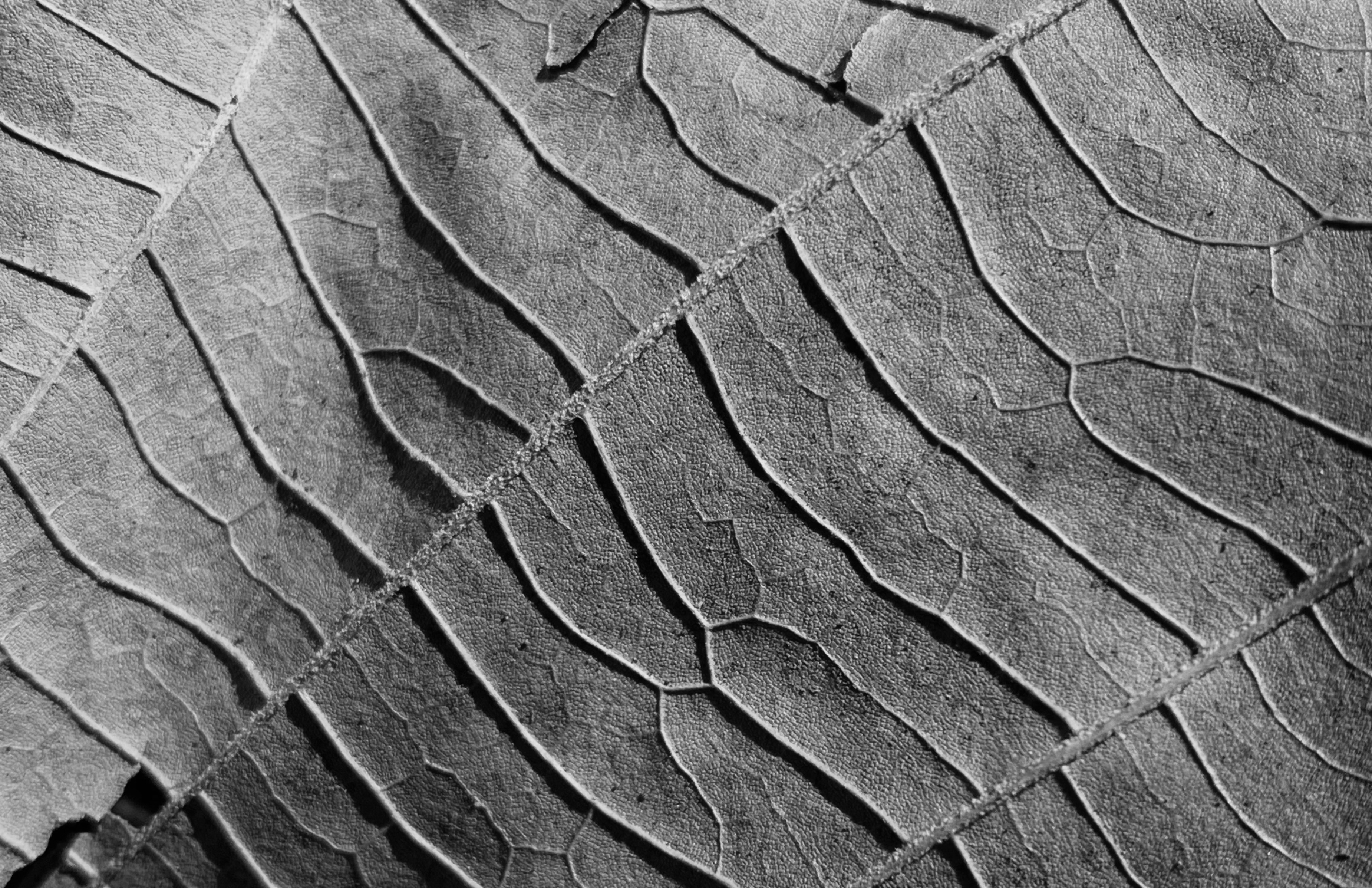

Isometric has certified a protocol for carbon dioxide removal (CDR) via Improved Forest Management (IFM). The protocol details requirements and procedures for projects that remove carbon from the atmosphere by enhancing the management of existing forests, while supporting ecosystems and delivering sustainable community benefits. This is Isometric’s second certified protocol for nature-based CDR, following the Reforestation Protocol.
Certification follows a comprehensive public consultation that included feedback from buyers, suppliers, and leading academics with expertise in forestry. Full details on the evolution of the protocol and how Isometric addressed feedback from the consultation are available in the changelog and public consultation summary.
Improved Forest Management
IFM encompasses activities that improve the management of existing forests to increase their carbon storage potential. Unlike reforestation, which establishes new projects on degraded land, IFM enhances carbon removal within existing forests. Practices include selection or deferred harvesting, promoting faster tree growth, and strategic fire and pest management. IFM can significantly increase carbon dioxide removal and storage compared to conventional forest management.
Alongside removing carbon dioxide, IFM can support biodiversity conservation, protect rare and endangered species, and strengthen forest resilience to climate change. It can also create sustainable employment for local communities while maintaining access to timber and non-timber forest products.
The IFM Protocol takes a scientifically rigorous approach to monitoring, reporting, and verification (MRV). It combines advanced remote sensing technology—including Light Detection and Ranging (LiDAR)—with comprehensive field monitoring to ensure accurate carbon accounting. Projects must establish dynamic baselines by comparing project forests with similar reference forests in the same region, accounting for forest type, management history, and site conditions.
To ensure ecological integrity, the protocol also requires the use of native species and prohibits commercial plantations and monoculture forests.
Deferred Harvest on Smallholder Lands
Alongside the IFM Protocol, Isometric has certified a module for Deferred Harvest on Smallholder Lands (DHSL)—the first in a series of planned modules covering IFM approaches.
This module focuses on deferred timber harvesting, allowing forests to remove and store additional carbon beyond baseline scenarios while maintaining their economic viability. It addresses the unique challenges faced by small forest landowners—who have often been excluded from carbon markets—through guaranteed revenue-sharing arrangements and technology-enabled monitoring that reduce barriers to entry and project costs.
Alongside the requirements of the IFM Protocol, the DHSL Module requires suppliers to conduct enhanced monitoring across multiple smallholder properties and to establish revenue-sharing arrangements and contracts based on the typical harvest age, with a conservative 50-year durability.
The IFM Protocol and DHSL Module were developed in line with the Isometric Standard, through collaboration between Isometric’s in-house Science Team and reviewers from Isometric’s independent Science Network of more than 400 academic experts and practitioners.
Renoster provided extensive feedback during development and is the first supplier signed to issue credits under the protocol.
Saif Bhatti, CEO of Renoster, said: “Since 2022, Renoster has focused on incentivizing high-quality nature-based carbon projects. We’re now applying those learnings to project development, starting with IFM. Partnering with Isometric and leveraging their unique approach to scientific rigor and deep transparency provides the foundation for Renoster to deliver trusted, scalable climate solutions while keeping small landowners at the center of the process.”
If you’re a supplier interested in issuing credits under the IFM Protocol, get in touch.




